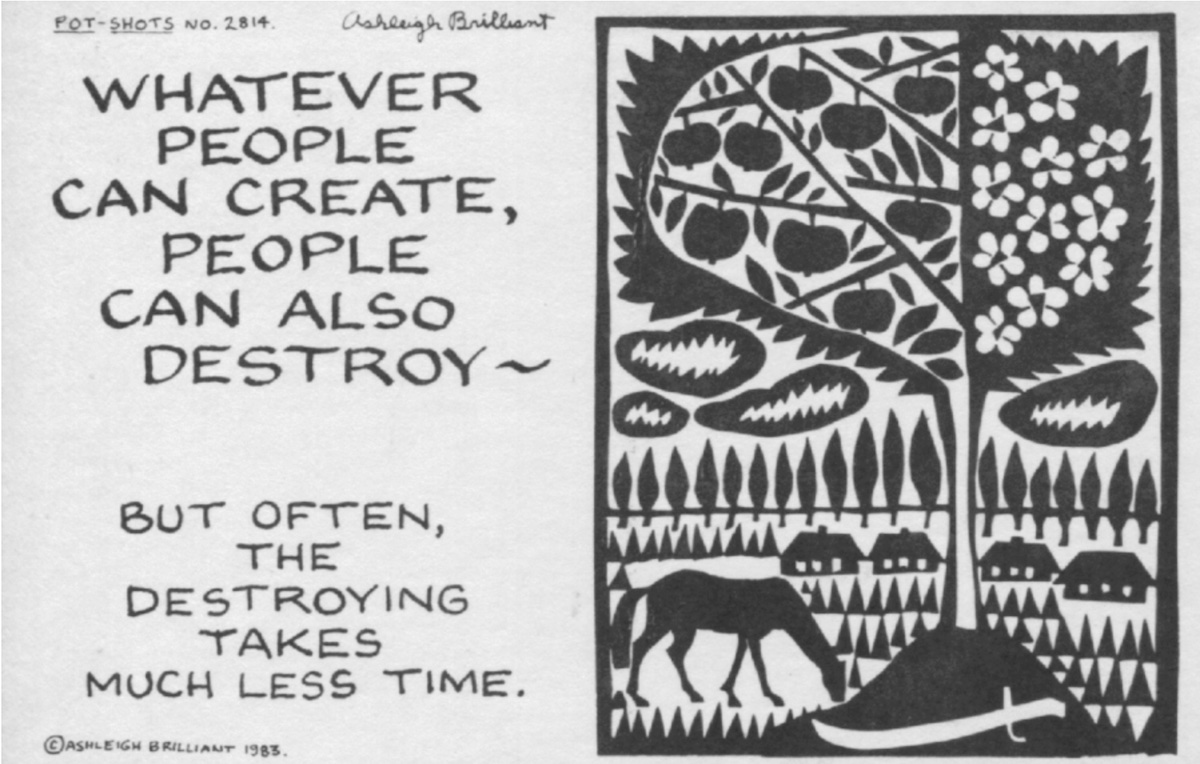Empires

In size and extent, the British Empire (even without the American colonies which it lost in 1776) was the greatest the world has ever known. It was usually colored red on world maps, and you could easily see, by looking at a globe, the truth of the expression, “The sun never sets on the British Empire.”
I was born in England between the two World Wars, when that Empire still made Britain a major world Power. Yet, before I had become an adult, that status, along with the Empire itself, had more or less disintegrated.
Of course, there is nothing new historically about the rise and fall of empires. That process can be traced back to regimes thousands of years earlier than that of Rome. But the Romans had the most impressive one up to that time, including all the lands around the Mediterranean, and even extending as far north as Britain.
And while the British were building their empire, a number of her European neighbors and competitors had also got into the act. This included other powers with strong shipping fleets – the Spanish, the French, the Portuguese, and the Dutch. And wherever they went, they carried their languages with them – which explains why this is still such a polyglot world, with (some) Canadians speaking French, South Africans speaking a derivative of Dutch, Brazilians speaking Portuguese, and the rest of South and Central America plus Mexico speaking Spanish.
So, what did it mean to inhabitants of those areas to be part of an Empire? First, it meant loyalty to the “mother country” – which frequently meant involvement in that country’s wars. Secondly, it meant trade – although in this, some colonies were allowed more freedom than others. Back in the 1500s, the Spanish colonies were supposed to trade only with Spain, and it was interference with this by the British, whose own empire hadn’t yet got started, which brought a terrible debacle – an episode known as the “Spanish Armada.” Intending to punish England, in 1588, Spain sent against her a huge fleet, heavily armed and overly loaded with fighting men. But British resistance at sea, plus unfavorable climatic conditions, turned that whole expedition into an enormous disaster, and very few Spanish ships ever got safely home again.
This of course delighted the British Queen, whom we know today as Elizabeth the First, and encouraged her and her people to think more seriously about establishing colonies in the “New World” – a process which occupied their energies increasingly throughout the next century.
So to some extent, the defeat of the Armada marked the beginning of the long decline of the Spanish Empire, which more or less culminated in war with the U.S. in 1898; bringing a decisive American victory and seizure of Cuba and the Philippines. And it signified the beginning of the rise of the British Empire, which at its height included huge geographical entities like Australia and India, but also a host of much smaller territories, like Hong Kong and Gibraltar.
The last gasp of Imperial Britain may be said to have occurred only as recently as 1982, with what is known as the Falklands War. The Falkland Islands were closer by far to Argentina – which claimed them – than to any other country. But they’d been part of the British Empire since early in the Nineteenth Century. When Argentina invaded and occupied them, it appeared to be a fait accompli. How could little England keep holding on to a small, sparsely populated, and practically worthless territory thousands of miles away?
(Incidentally, it happened that I had visited that colony only about two years previously in the course of a tour to Antarctica; and I had seen how negligible it was as a territory worth fighting for.)
Under the Conservative government of Margaret Thatcher, though, the UK did decide to fight, sending the most powerful naval and military force it could muster. (For some reason, I am always moved to recall that as the British troops prepared to board their transports, the band played a song from a stage musical popular at that time, called Evita,” which said, “Don’t Cry for Me, Argentina.”)
And the American government, under President Ronald Reagan, supported the British effort.
Although neither side actually declared war, and it lasted only two months, it was a real war, with hundreds killed on both sides. It ended with complete surrender by Argentina. The Empire still existed in British hearts – and Thatcher was re-elected with an overwhelming majority.







